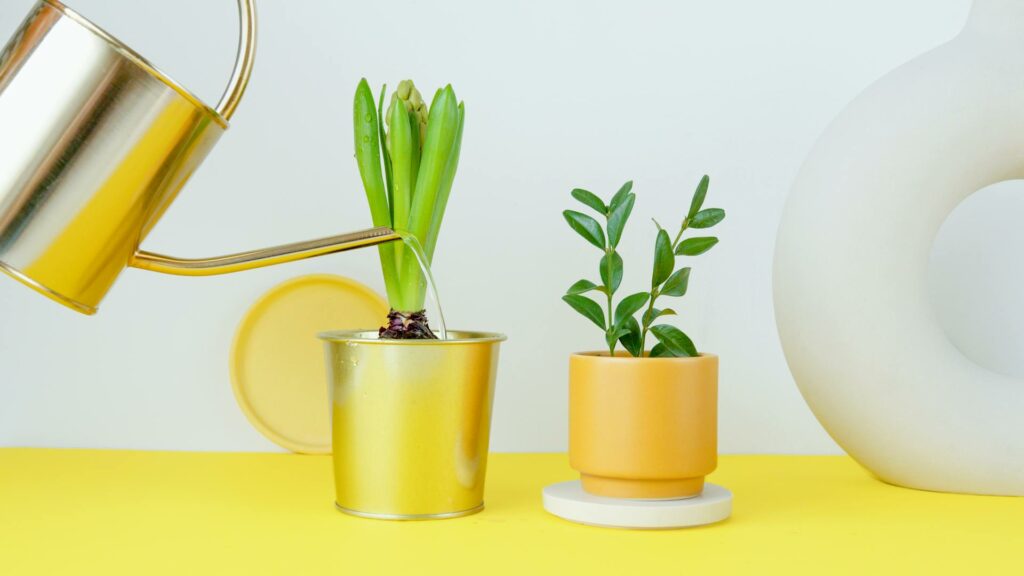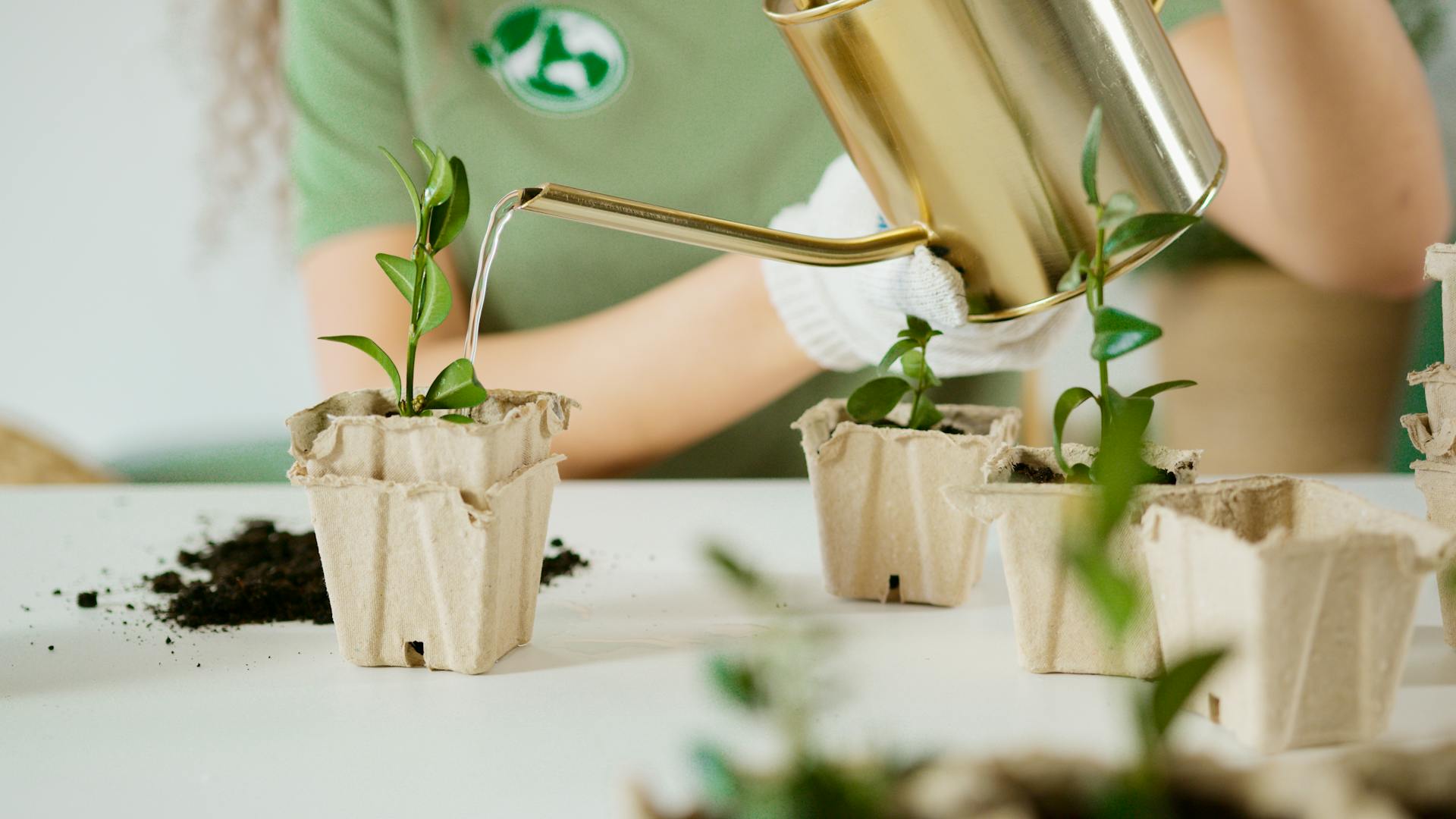Last Updated on May 16, 2024
Welcome to the world where water quality directly influences the vibrancy of your garden! Have you ever wondered why some plants thrive in one environment but struggle in another, under seemingly similar conditions? The key could very well be the type of water they receive. It’s not just about watering your plants; it’s about giving them quality hydration. Let’s dive into how filtered water can be a game-changer in your plant growth endeavors.

The Science Behind Water Quality and Plant Growth
Plants, much like humans, prefer their water clean and free of contaminants. Municipal water, while safe for human consumption, often contains chlorine and fluoride – added for their bactericidal properties. However, these chemicals can adversely affect plant growth, interfering with natural growth processes and nutrient uptake. Filtered water, devoid of these chemicals, can provide a more conducive environment for plants to flourish.
Exploring Filter Technologies
Today’s market offers a variety of water filtration technologies, each with its own benefits and limitations. Reverse osmosis systems, for example, are highly effective at removing a vast array of contaminants, but they also strip away beneficial minerals and require significant maintenance. Carbon filters, on the other hand, retain healthy minerals while removing impurities like chlorine and pesticides. Understanding these technologies is crucial in selecting the right water treatment for your garden.
Comparing Tap Water, Rainwater, and Filtered Water
Tap water is the go-to for many gardeners, but it’s not always the best choice for your plants. Comparatively, rainwater is often hailed as the most natural, nutritious option for plants due to its softness and balanced pH. However, collecting and storing sufficient rainwater can be a challenge. Filtered water emerges as a practical compromise – it’s more accessible than rainwater and can be customized to remove specific contaminants found in your tap water, thereby closely mimicking the quality of rainwater.
For gardeners looking to optimize their watering practices further, installing a whole home water filter can be a strategic move. Such a system ensures that all water used in the home, including that for gardening, is free from contaminants that might hinder plant growth. This holistic approach to water filtration can significantly affect the health and vibrancy of both indoor and outdoor plants.
Practical Tips for Filtering Water for Your Plants
- Consider the specific needs of your plants and the quality of your tap water when choosing a filtration system.
- Monitor your plants for signs of improvement or distress after switching to filtered water to determine its effectiveness.
- Remember, not all filtration methods remove the same contaminants, so select one that targets the impurities in your tap water.
Environmental Considerations
Using filtered water is not just good for your plants; it’s also an eco-friendly choice. By filtering tap water, you reduce the reliance on plastic water bottles and minimize the environmental impact of disposing of water treatment chemicals into the soil. It’s a win-win for your garden and the planet.
The Impact of Hard Water on Plants
Hard water, rich in minerals like calcium and magnesium, might sound beneficial for plant growth, but there’s a catch. Excessive minerals can accumulate in the soil, making it harder for plants to absorb water and essential nutrients, potentially leading to deficiencies and stunted growth. Using filtered water can prevent these mineral build-ups, ensuring your plants remain healthy and vibrant.
Cost-Benefit Analysis
Investing in a water filtration system for gardening might seem like a significant expense initially. However, the long-term benefits outweigh the upfront costs. Healthier plants lead to more abundant yields and reduced need for chemical fertilizers and pesticides, saving money in the long run. Performing a cost-benefit analysis based on your gardening needs and water quality can guide you in making an educated decision.
Advantages of Using Filtered Water for Hydroponic Systems
For those who utilize hydroponic systems, using filtered water isn’t just beneficial; it’s critical. In hydroponics, plants are grown in water without soil, relying entirely on the nutrients dissolved in their water supply. Unfiltered tap water can introduce unwanted chemicals and minerals into the system, which can disrupt the delicate balance required for optimum plant growth. Filtered water ensures that plants receive only what they need and nothing more.
Conclusion
As we’ve explored, the journey to lush, thriving plants isn’t just about regular watering; it’s about the quality of water you provide. Filtered water offers an accessible, efficient, and environmentally friendly way to ensure your plants receive the best possible care. So, why not give your plants the gift of clean, filtered water and watch them return the favor with vibrant growth and blooms? Happy gardening!





